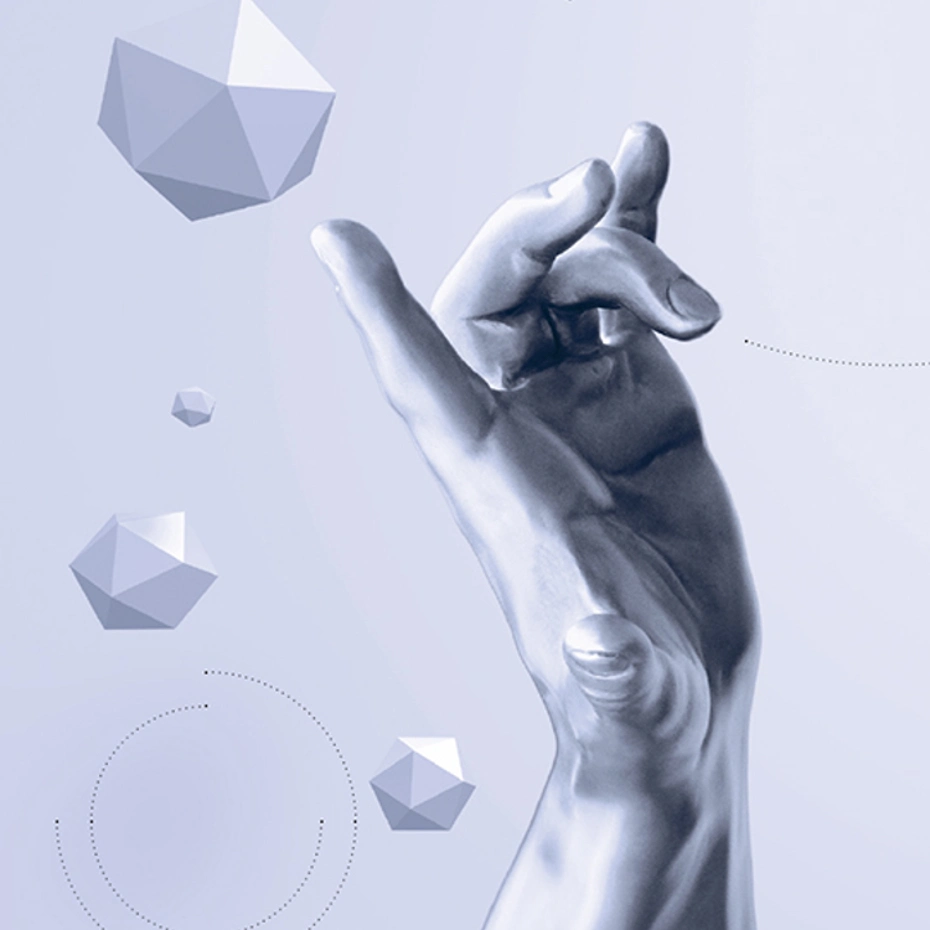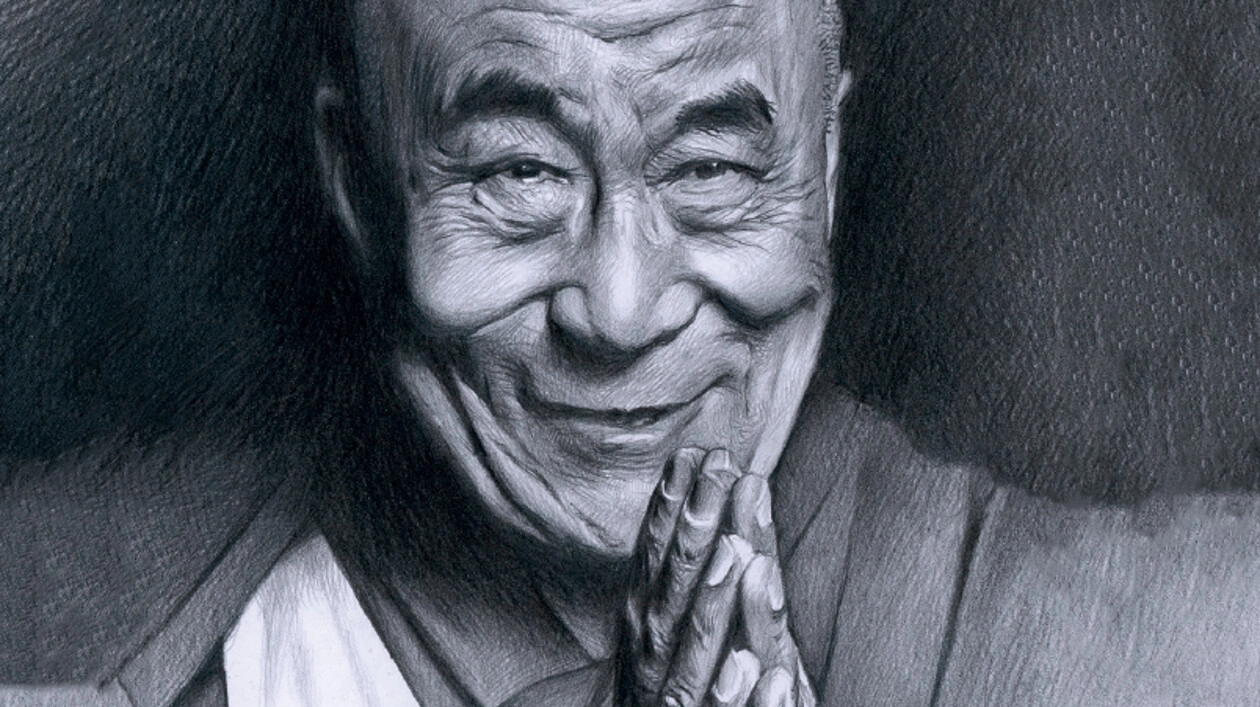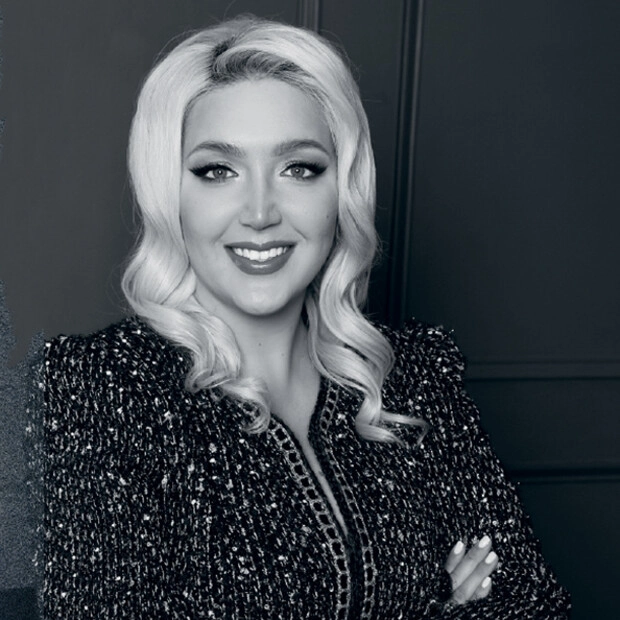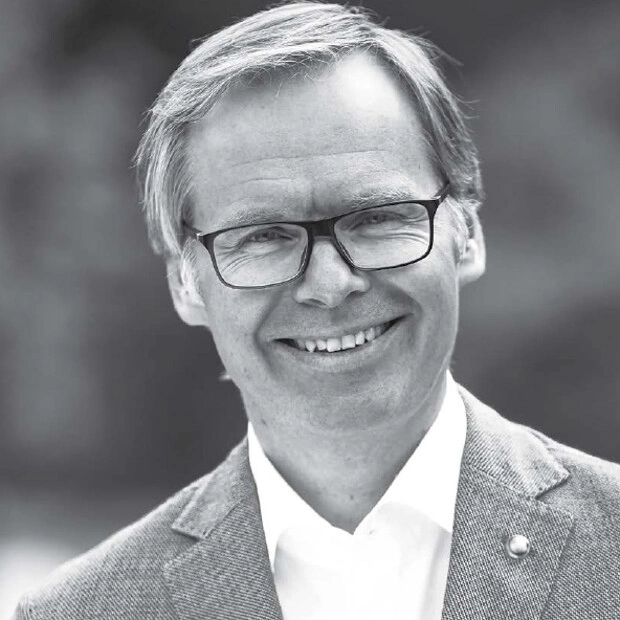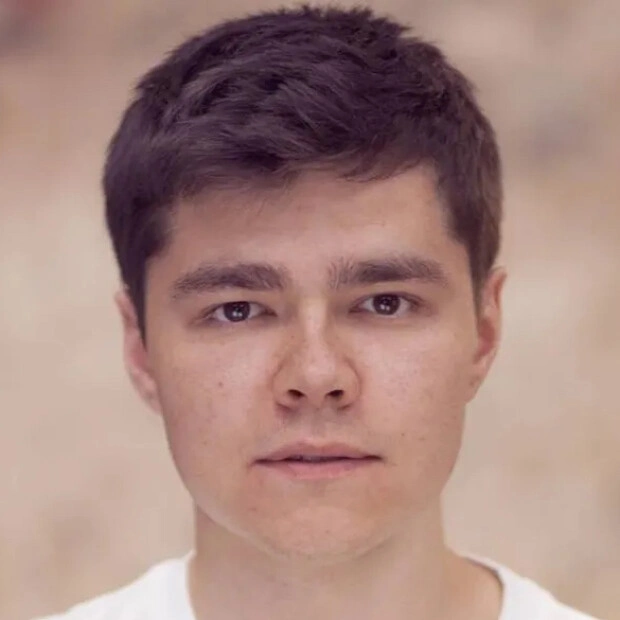Global peace can be established in just 20 years’ time. Those under 30 will have a chance to enjoy this wonderful era. With no more need for religion, consistent scientificness will never let the limits of normal consciousness and sensory restrictions be broken’. The words of His Holiness Dalai-Lama XIV, the world’s most famous refugee, a Nobel laureate, and a symbol of kindness and optimism come as a gulp of clean fresh air on the planet where since time immemorial, rulers have been brandishing their arms, and where now and then, here and there, the fire of war still flares up.
Throughout history, humanity has always made two obvious yet inevitable mistakes. The first one is the uncontrollable use of the resources provided by its home planet Earth. The result is a major ecological disaster in the shape of a badly polluted natural environment. More and more people are becoming concerned about the situation, and it is a good sign indeed.
The second one has traditionally been caused by undemocratic government systems. For thousands of years, some human beings have been killing others with weapons of all kinds, from swords and spears to the most sophisticated state-of-the-art arms of today. Kings, dictators, and religious leaders have always amassed armies to wipe out their enemies. Such has been the system grinding down the lives of ordinary soldiers hardly ever willing to die.
The Russians have a bitter first-hand knowledge of suffering and perishing caused by two dictators’ failure to come to terms with one another, entailing a world war. The XXth century saw two terrible world wars, claiming millions of our brothers’ and sisters’ lives. What did they bring into the world? Nothing but more hatred and even more awful weapons. The only purpose of rifles and nuclear bombs is to destroy lives. If we are to enjoy peace, we must strive for universal disarmament so that the generations to come will experience no more wars.
All dictatorships and usurpers go hand in hand with a military force. It is, indeed, the time we fully realised that ours is the era of democracy. The world belongs to the planet’s seven milliard inhabitants, and all countries are the heritage of their nations. I cannot imagine people enjoying the benefits of such a system yet being obsessed with the idea of killing each other.
Let’s have a look at the European Union. Its member states used to fight all the time just a hundred years ago. Then, they realised it would be much better to consider the common good rather than selfish individual interests, which is prudent, peace being more beneficial than war. And in the last few decades, all these countries have done without warfare. I suppose Russia’s joining the EU is a good idea.
The Russian Federation is a land of mighty people. The leader of such a nation must pay more attention to long-term perspectives and interests, which are of greater importance for a politic politician than up-to-the-minute targets and benefits. The future belongs to unity, achieving prudent strategic goals, and compassion rather than fury and warfare.
Propaganda, aggression, and wars are faces of evil. Humanity needs to learn what the truth is all about. In this respect, Russia is a bridge between the East and the West. The strong Buddhist traditions rooted in some RF regions inspire hope for a better future and a more significant role of the country in the fate of the whole world.
Yes, I am a Buddhist, but it does not mean I will once call Buddhism the best choice. No method can be declared immaculate. Caution and a careful examination are a must-have before ‘a patient’ can be prescribed an appropriate course of ‘treatment’. The life mission of all humans is to serve others to the best of their ability. So, I dedicate all daily acts of my body, mind, and tongue to the welfare of other living beings, which is the essence of Dharma and a reflection of the centuries-long Indian traditions of nonviolence and compassion – Ahimsa and Karuna. Since early childhood, I’ve been doing my studies in compliance with the ancient Indian tradition of learning classical treatises by heart, listening to comments, explaining each word, and participating in debates to scrutinise my understanding of the material learnt by way of logical arguments and analysis. That’s why I strongly recommend using the good Old Indian Logic. The Nalanda tradition I follow is highly effective in keeping peace of mind. In the meantime, it has nothing to do with one religion being superior to all the others.
Sometimes, I think there’s no need for religions since most of them are based on illusions and potential violence. Equally illusory is the materialistic approach entirely based on sense perception alone. Fleshly pleasures and the endorphins, created, for instance, by excessive physical workouts, are often overestimated by those occasionally obsessed. The pleasure generated by exercise, music, food, aromas, and sex is perfectly all right but insufficient for happiness, being limited to the five senses, which are only props doomed to disappear and become mere memories.
The sixth – mental – level is superior to the senses, and it is only there that we can reach true happiness – peace of mind. That’s what helps to solve the paradox of the material world being but an illusion generated by the perceptor’s mind.
Recently, I talked to some leading Russian neurobiologists, physiologists, geneticists, and philosophers about the nature of consciousness and understanding the world. It proved a new experience, compared with what happened in 1979. Back then, at a meeting with Soviet scientists, I discoursed on the five senses and the sixth – mental – level, but they waved my reasoning aside as religion. So narrow-minded did they appear that I did not even start arguing with them. The recent meeting was totally different, and today’s interest in Buddhism is good news, giving hope that through education, science, fortified by the ancient Nalanda teaching, can eventually bring the world to nonviolence.
If we are to enjoy peace in the world, we must base ourselves on moral principles. The education system must teach methods of discovering and keeping peace of mind. Its part and parcel is the ability to handle destructive emotions. In India, the practices of concentration and enlightenment - Shamatha and Vipassana – have helped many people to work out a deep understanding of what consciousness and emotions are all about.
India is a great ancient civilisation in which nonviolent behaviour motivated by compassion plays an essential role. I am fully committed to reviving interest in Old Indian knowledge. I am sure India has a unique chance to pioneer introducing it into modern education. 10 000 monks and 1 000 nuns from the Tibet monasteries and convents located in Southern India have been trained to teach this subject at schools. Among these educators are Russians, Mongolians, and natives of other countries. I lay high hopes upon them, as regardless of my presence in this world, my life-work will continue for humanity to have a chance one day to wake up in a nonviolent world and understand that the more love and care we give others, the happier we become.
